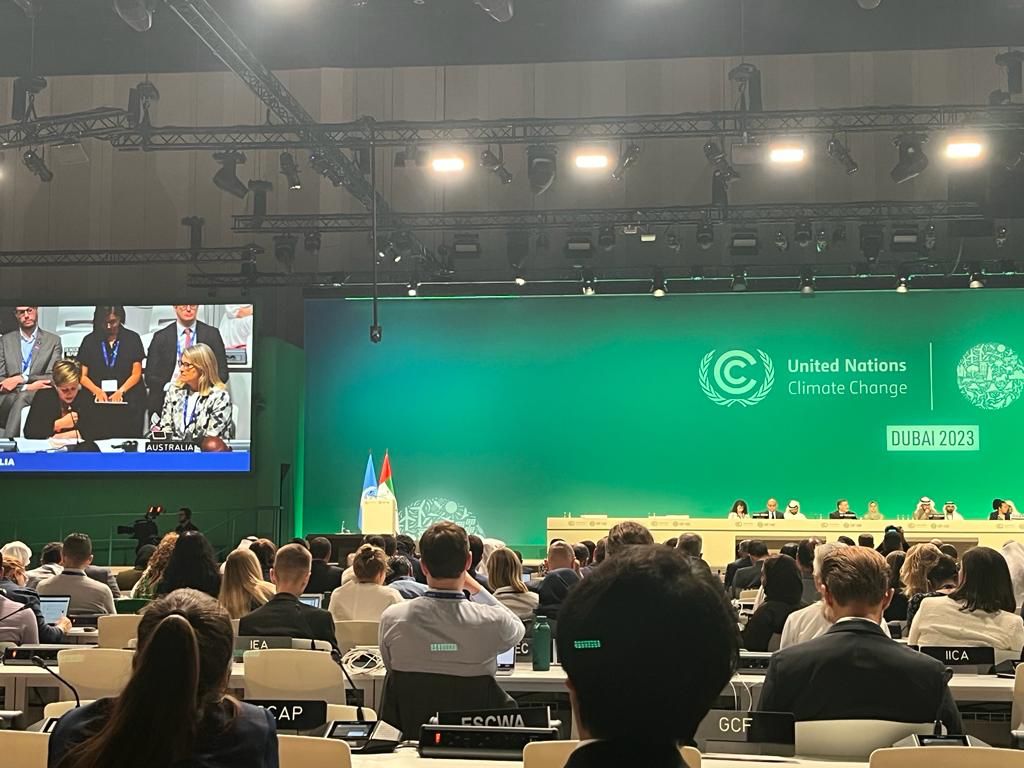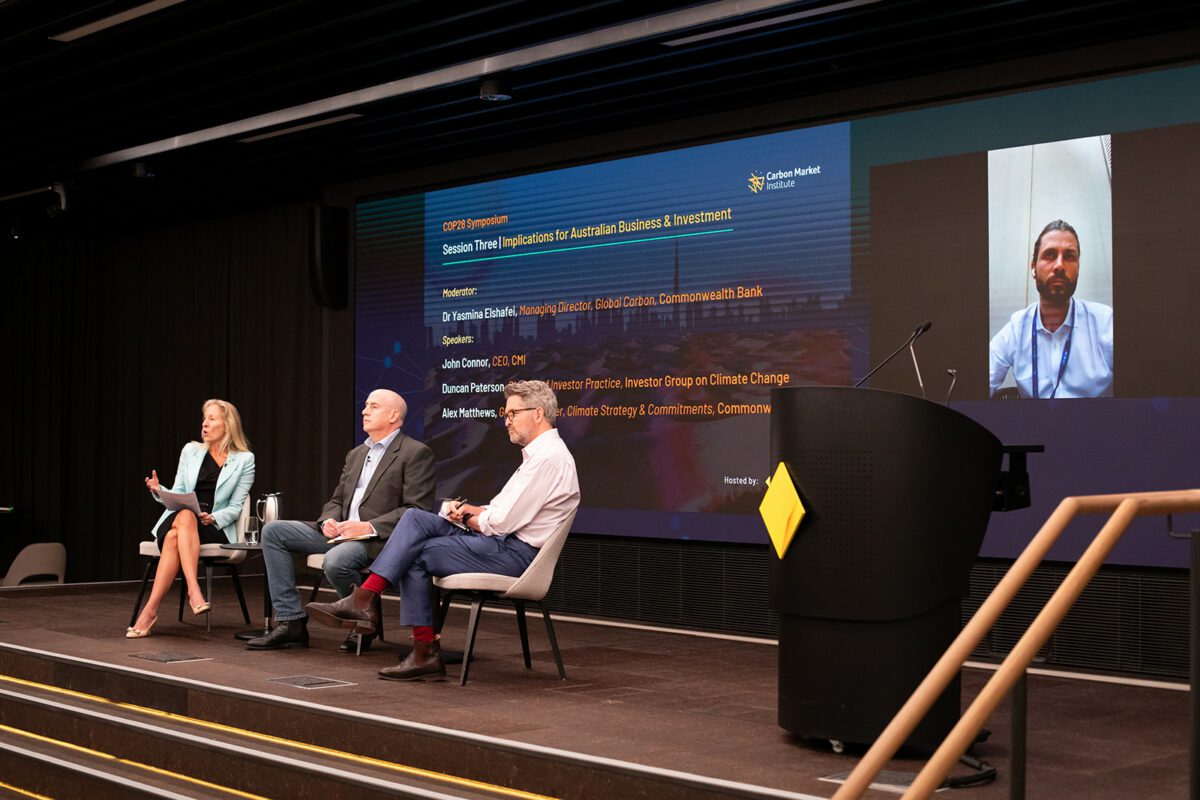Words by Janet Hallows, Director of Climate Programs & Nature-Based Climate Solutions
Appropriately, Finance and Trade Day at COP28 turned out to be a pivotal day for voluntary carbon markets (VCMs), with some major initiatives on both the demand and supply side, spearheaded by COP Presidency patronage.
Firstly, Monday 4th December saw the launch of a historic collaboration by six of the major independent voluntary standards. The collaboration – which includes the American Carbon Registry, ART (Architecture for REDD+ Transactions), Climate Action Reserve, Global Carbon Council, Verra and Gold Standard – aims to ‘promote integrity throughout 2024 to create the next step-change in the dependability of carbon markets’. The groups, all approved under the ICAO Carbon Offsetting and Reduction Scheme for International Aviation (CORSIA), signed a document to:
- undertake collaborative learning and support to strengthen the programs;
- seek alignment on common principles for quantification and accounting;
- jointly pursue permanence and related reversal measures;
- ensure robust benefit sharing and safeguards;
- identify and encourage provision of information round credit use; and
- enable financial flows to developing countries.
Meanwhile, the dawn of VCM 2.0 arose with the establishment of an end-to-end integrity framework bringing together key international organisations, SBTi (Science-based targets Initiative), the VCMI and IC-VCM who have agreed to provide consistent decarbonisation guidance, including regarding the credible role of carbon credits in corporate transition. This end-to-end framework was backed by a joint statement signed by 17 international powerhouse NGOs including the We Mean Business Coalition, WBCSD, Environmental Defense Fund, The Nature Conservancy and others. The statement emphasises the role of high-integrity, transparent carbon markets as part of broader corporate transition, based on science-based targets and disclosing the use of carbon credits.
The COP Presidency hosted a historic Roundtable on Progress Towards High-Integrity VCMs: an unprecedented elevation of the importance of VCMs in scaling climate action. Former UK Central Banker, Mark Carney urged stakeholders to review the end-to-end integrity approach so as to fast track collective progress citing that ‘countries are moving to develop these markets – and it’s important that they build on the work of IC-VCM and VCMI.’ The framework and previous progress were praised by John Kerry saying ‘I have become a firm believer in the power of carbon markets to drive increased climate ambition and action, and the VCM is a vital tool to keep 1.5C in reach.’ The importance of inclusive access to VCMs by developing countries was further emphasised by both the UN Climate Change Executive Secretary Simon Stiell and the World Bank President, Ajay Banga.
Paris Agreement Article 6 negotiations continue towards operationalising international cooperative approaches through markets. Article 6.2 and 6.4 discussions centre around authorisations of Internationally Transferred Mitigation Approaches (ITMOs) and alignment between the two. A6.2 continues to be highly technical and complex, needing decision on infrastructure and process for operationalisation. While under A6.4 the issue of inclusion and distinction between nature and technology-based removals continues to be the subject of vocal exchanges. As representatives for the Least Developed Countries negotiating group have commented, failure to achieve an agreement at this point in time will have a substantial impact on the implementation of A6.4, and of the achievement of goals under the Paris Agreement.



